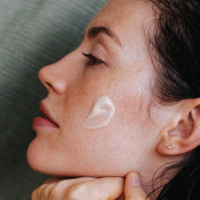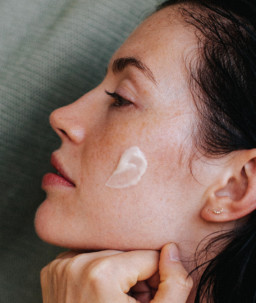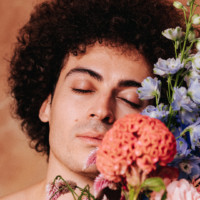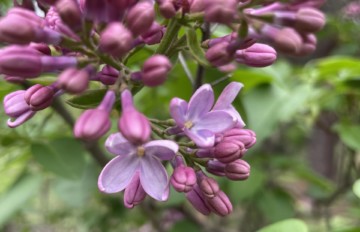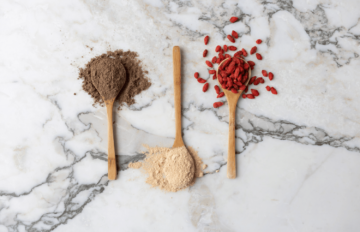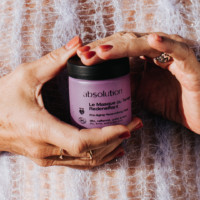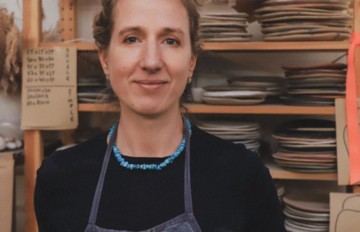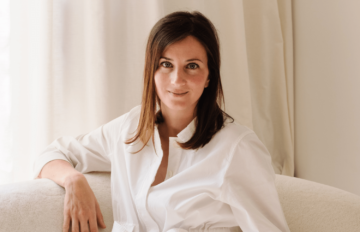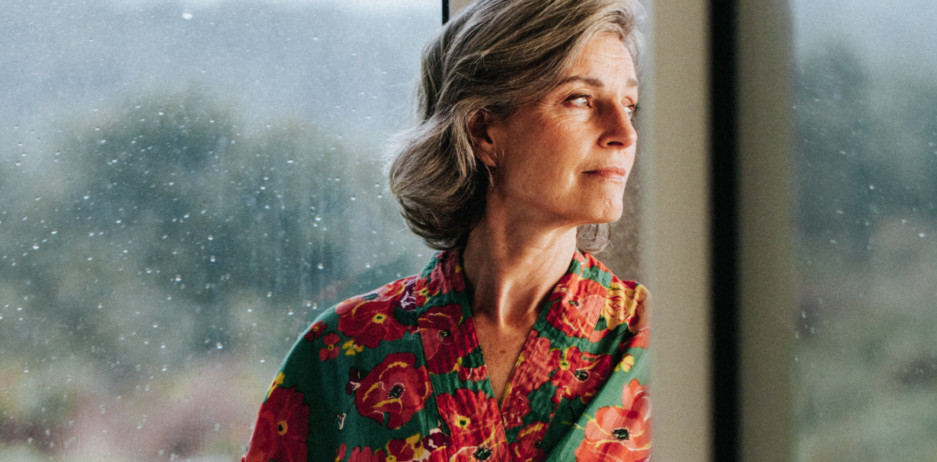
Menopause: learning to live with your (new) body
We don’t talk about menopause enough. We really don’t. And yet it’s something completely natural – a stage that occurs in every woman’s life when her menstrual cycle stops and she can welcome in a new chapter. It’s a time to embrace life (although there may be a few downsides, such as hot flashes, vaginal dryness, weight gain, and other physiological and psychological changes!). While menopause marks the end of the burden of periods (one of the many things that differentiate men from women), for some women, it feels as if their life as a young, fertile female is coming to a close.


What is menopause?
The word “menopause” is derived from ancient Greek (“mēn” for “month” and “pausis” for “pause”), and means the “cessation of menstruation” or the “end of the menstrual cycle.” It usually occurs between the ages of 45 and 55. Interestingly, the word “menopause” wasn’t used until the 19th century, when it appeared in modern medicine. The French physician Charles de Gardanne first coined the term in 1821 in his book, “De la ménopause ou de l’âge critique des femmes” [On menopause, or the critical age of women]. The book delves into many of the problems and symptoms associated with menopause, which the physician boiled down to a loss of vitality in women. Until then, this transition was a part of every woman’s life, but had not been given a name. The French word for periods (règles, from the Latin word “regula” for “law”), meanwhile, has been used in the French language since the Middle Ages.
It signifies the stopping of ovulation, the end of monthly bleeding, and is, in itself, a natural form of contraception. In certain cultures, postmenopausal women are seen as central figures. They are looked upon as guides, with a wisdom that the youngest people could never have. Among Native American peoples, such as the Lakotas and the Cherokees, menopause gives women the status of “wise woman” or “grandmother” – their mission being to perpetuate ancestral and spiritual traditions.
In China, and in certain ethnic groups in sub-Saharan Africa (such as the Yoruba people in Nigeria or the Akans in Ghana), menopause also increases a woman’s influence. These women have reached a level of maturity that earns them respect from their people for their rich life experience and the end of their fertility… This contrasts with modern Western society, where youth is constantly being glorified, whereas aging is perceived negatively.

The end of a chapter…
“We’re badly informed about this stage in our lives!” sighs Hélène, 53 years old and postmenopausal.
“When a girl gets her first period, her mom or her school help prepare her for this passage into womanhood. But as we get older, not even the medical profession tells us about this particular period that all women will go through, one day or another.”
Menopause is often feared and rarely celebrated, and it’s important to remember that everyone experiences this transition differently. For some women, it can be a difficult time. Valérie, aged 56, is gradually having fewer periods and feels like she’s going through hell. “I already have the symptoms of a postmenopausal woman, and I could never have imagined having these symptoms before! I feel tired, irritated and depressed. I’m someone who’s always slept well, yet now I frequently suffer from insomnia… My body is changing, my skin is starting to sag, and I put on weight around the abdomen much more easily than before. All these changes are affecting my self-image.”

Marie-Lise, aged 76, felt she had no choice but to resort to HRT (hormonal therapy), despite the controversy around this medication. “I was severely affected by terrible hot flashes from the age of 47. It felt like I was running a 40°C (104°F) fever,” she confides. “Now I’m much older, and yet I still get them sometimes.”
Other women have chosen to make radical changes to their diet, including Angélique, aged 54, who entered menopause eight years ago and decided to go gluten-free. “I wouldn’t necessarily recommend this to the women around me, as everyone is different. But I found that when I ate raw vegetables, my symptoms disappeared and I had more vitality, and this made me feel better in my skin.”
…and the start of a new one
There’s no denying that menopause changes your body and your state of mind, but these changes mustn’t always be perceived as negative. Menopause is a phase that tends to be associated with loss (of fertility, menstruation, a part of yourself), and yet it’s much more than just a biological turning point. In fact, it reminds us that the human body is alive and constantly changing. The very presence of menopausal symptoms proves that it is time to take care of yourself by listening to your body in a different way.
Making changes to your eating habits may be beneficial, as well as meditation, to refocus on your inner self. It’s a time to open a new chapter in your life – a sort of rebirth, if you like, where your priorities shift. Why not see it as an opportunity to try new things or work on projects you’d always put aside until now? The reality is that social expectations, which can be difficult to navigate in your youth, gradually become less important as we become more mature. You can detach yourself from the social pressures associated with women and femininity. You can enjoy a new freedom, no longer held back by social norms or family demands. Your approach to sexuality changes too. More relaxed, more serene. There’s no need to worry about contraception anymore, or the risk of an unwanted pregnancy. Far from being an ending, menopause is the beginning of a new era!
Some menopause terminology:
- Perimenopause and not premenopause! This is the transitional period preceding menopause, and can last several years. Hormone levels start to fluctuate, leading to irregular menstrual cycles and symptoms such as hot flashes.
- Menopause. This is defined as the time when a woman has had no menstrual period for 12 consecutive months. Symptoms such as night sweats, vaginal dryness, sleep problems and mood swings can continue after menopause.
- Postmenopause. This is the time after menopause, when the body adapts, and symptoms start to ease off.
